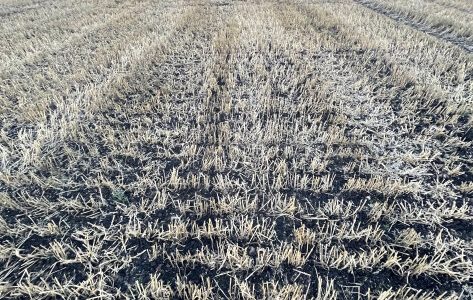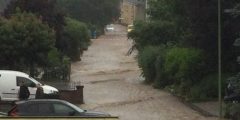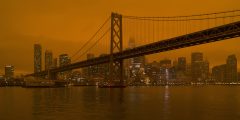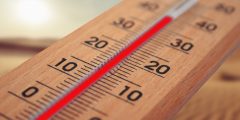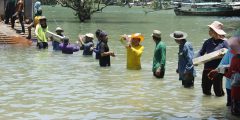Biochar in the news
June 7, 2024
In this blog post Carol Morris, Catherine Price and I want to present two articles on a rather niche topic relating to climate change mitigation – niche but nevertheless interesting and important: biochar. What is biochar? Biochar is amongst a growing suite of approaches developed to address the climate crisis by removing carbon dioxide from …
Seeding clouds – seeding doubts
May 3, 2024
In 2009, two things happened in climate change discussions that at first glance seem to be quite unconnected. Firstly, the Royal Society released a seminal report on ‘geoengineering’—the deliberate alteration or creation of weather and climate conditions (which is generally considered unwise). Secondly, the ‘climategate‘ controversy emerged, portraying climate scientists as clandestinely tampering with or …
From Omicron to Omega: What’s in a name?
September 22, 2023
The last few years have been years of planetary upheaval. We have all lived through a Covid-19 pandemic and are, in fact, still living with it, and we have all felt the effects of climate change. To deal with these planetary events, we had to invent and learn new concepts and new names. Quite recently, …
Orange is the new bleak*
September 1, 2023
I was recently reflecting on the way extreme weather events manifest themselves in different colours. Floods are brown and ugly; there is brown flood water and then there is brown mud everywhere (more on that here). Wildfires are orange and, in a sense, beautiful; there are orange sunsets and sunrises, but what’s left behind is …
Global boiling
August 4, 2023
On 27 July Secretary-General António Guterres gave a press conference at United Nations headquarters. He spoke about climate change against the backdrop of widespread floods, terrestrial and marine heatwaves and wildfires unfolding around the world and in the context of new data coming in from the World Meteorological Organization and the European Commission’s Copernicus Climate …
The climate speaks in words and pictures: Is anybody listening?
July 21, 2023
I can’t open twitter nowadays without being confronted by red-hot images of heatwaves, just like a few weeks ago it was all about wildfires, orange skies and smoke. The climate is speaking to us, indeed sending us smoke signals, from the air, the land and the water which are all alarmingly warm. This is not …
Climate change and health: Early and late warnings
February 10, 2023
Last week I saw various tweets from the Wellcome Trust announcing a new funding scheme that will support research on the impacts of #ClimateChange on human health, centring on communities most at risk (an announcement that by the way, was illustrated with a tryptic of photos of lone individuals dealing with a flood, a fire …

